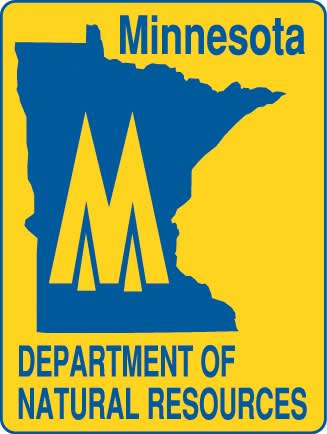Minnesota Open-water Duck Hunting among Topics at Public Input Meetings

The Minnesota Department of Natural Resources (DNR) is seeking citizen input on creating limited opportunities for open-water hunting for waterfowl as well as a number of other topics at annual public input meetings.
The first in the series of statewide meetings will be from 7-9 p.m. on Tuesday, Feb. 26, at the Rolf Olsen Community Center, 806 W. Kathio St., in Onamia.
Aside from open-water duck hunting, the DNR is seeking input on the following proposals:
- Allowing Canada goose hunting in August to alleviate depredation of agricultural fields in west central Minnesota.
- Opening the second portion of the state’s 124-day crow season later in the year.
- Opening prairie chicken hunting season earlier in October than the current season.
- Allowing youth age 17 and younger to hunt during all spring turkey seasons with a limit of one. Youth would not be required to select a permit area.
A separate public input process will be conducted to address deer antler point restrictions in southeastern Minnesota.
People who cannot attend a meeting are urged to complete a questionnaire online at www.mndnr.gov/wildlife/input starting on Monday, Feb. 25.
Comments are also welcome via email at wildlife.dnr@state.mn.us. Written comments may be addressed to: Season Comments, DNR Section of Wildlife, 500 Lafayette Road, St. Paul, MN 55155-4007.
Other meetings, which also will be conducted from 7-9 p.m., are:
- Thursday, Feb. 28, Frontenac Sportsman’s Community Center, 30301 Territorial Road, Lake City.
- Monday, March 4, Windom Area DNR office, 175 County Road 26.
- Thursday, March 14, DNR Headquarters, 500 Lafayette Road, St. Paul.
Additional meetings in northern and western areas of the state will be scheduled soon.

